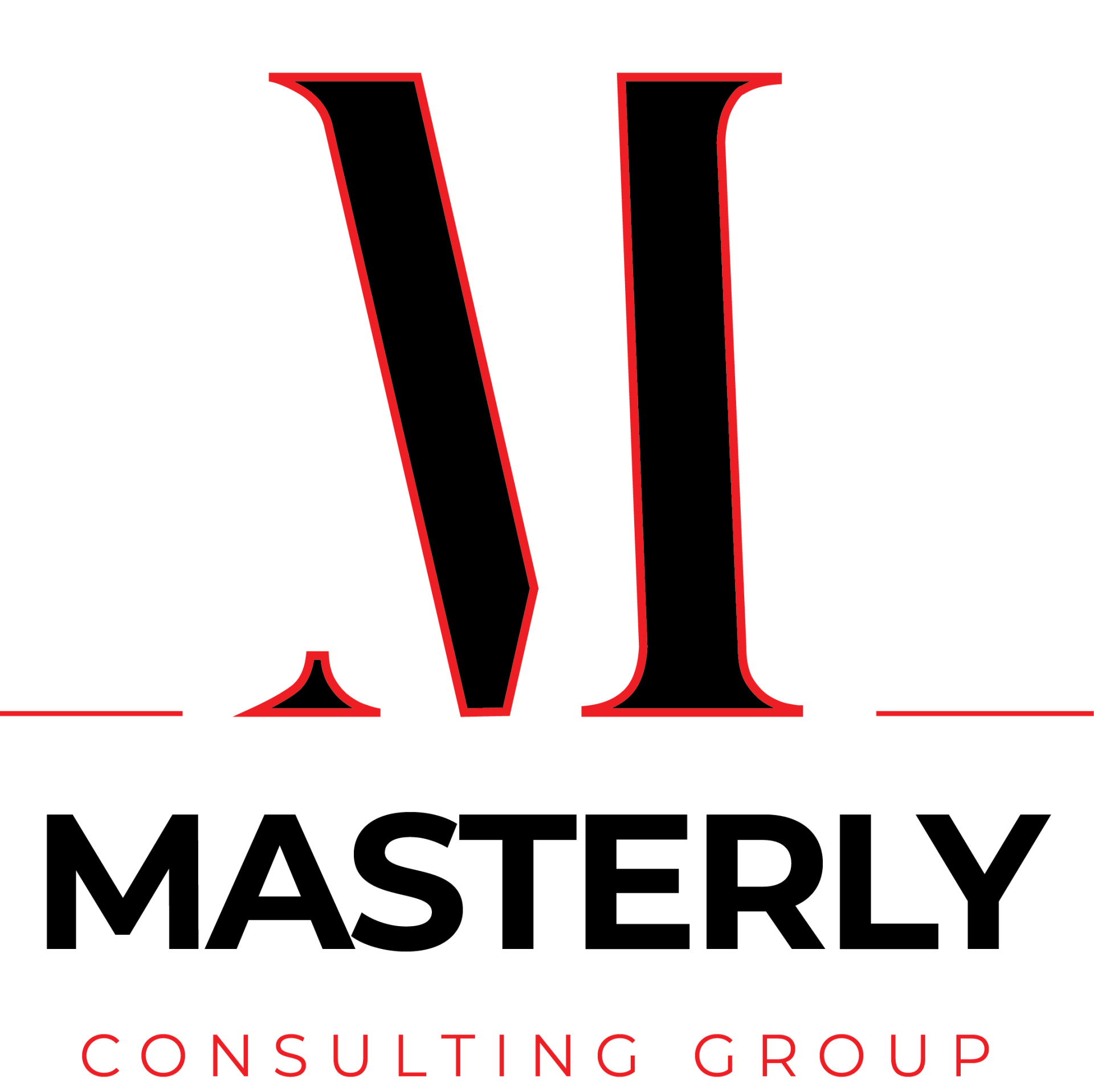How Executives and Leadership Teams Benefit from Targeted HIPAA Training
Setting the Tone for HIPAA Compliance Starts at the Top
In every organization that handles health care data, leadership plays a pivotal role in maintaining compliance. Executives and board members are not exempt from the requirements of the Health Insurance Portability and Accountability Act. In fact, their awareness and action are essential to ensure HIPAA compliance across all departments. When leadership understands the expectations of HIPAA privacy and security, it sets the tone for the entire company.
Targeted HIPAA training for executives provides clarity around responsibilities and legal exposure. It aligns business goals with privacy and security mandates, giving leaders a strategic understanding of their obligations under federal law.
Understanding the Executive Role in HIPAA Compliance
While frontline employees and IT teams often receive the most direct HIPAA training, executive teams make decisions that impact the organization’s compliance posture. From budget approval for cybersecurity upgrades to oversight of business associate agreements, these decisions influence how well the company meets HIPAA rules.
Leaders must be aware of:
- The scope of the HIPAA privacy rule and HIPAA security rule
- How protected health information (PHI) should be managed internally
- What constitutes a HIPAA-covered entity or business associate
With proper training, executives can make informed decisions that safeguard patient data and avoid costly HIPAA violations.
HIPAA Privacy and Security: Core Concepts Every Leader Should Know
HIPAA privacy and security are not just technical matters. They involve organizational culture, risk management, and leadership accountability. Targeted training breaks down key components of the HIPAA law so executives understand how it applies to their role.
Core topics often include:
- Definitions of covered entities and business associates
- Examples of individually identifiable health information
- How medical records must be secured and accessed
When leadership grasps these concepts, compliance becomes part of the company’s overall strategy, not just an IT checklist.
The Risks of Executive-Level Ignorance in HIPAA Matters
Failing to train executive teams properly increases the risk of serious data breaches and compliance gaps. In the eyes of the Department of Health and Human Services, ignorance is not a defense.
Consequences may include:
- Civil penalties for HIPAA violations
- Reputational damage from newsworthy security breaches
- Regulatory audits from the human services office
Leaders who lack understanding of HIPAA rules leave their organizations exposed—both legally and operationally.
Aligning HIPAA Training with Strategic Planning
When executives complete targeted HIPAA training, they are better equipped to align compliance initiatives with broader organizational goals. This means compliance is not treated as a side project but integrated into budgeting, operational planning, and partnerships with business associates.
Training helps ensure:
- Security standards are included in vendor evaluations
- HIPAA purposes are considered in data-sharing decisions
- Risk assessments are scheduled and taken seriously
HIPAA compliance becomes part of the strategy, not just a reactive process.
Addressing Business Associate Agreements and Third-Party Risks
Many HIPAA violations occur due to failures by business associates—contracted vendors that handle patient data. Executives are responsible for approving and overseeing these partnerships.
HIPAA training for leadership should include:
- What to include in a business associate agreement
- How to vet third-party vendors for HIPAA compliance
- What to do if a partner causes a breach
These elements are often overlooked without the best HIPAA training designed for decision-makers.
The Importance of the HIPAA Security Rule in Executive Decisions
The HIPAA security rule focuses specifically on the safeguards needed to protect electronic protected health information (ePHI). Executives must understand how their decisions on infrastructure, staffing, and budgeting affect these safeguards.
Training sessions often cover:
- Administrative safeguards and internal policies
- Physical security requirements for servers and devices
- Technical safeguards including encryption and access controls
This knowledge helps leaders balance compliance needs with operational realities.
Avoiding Costly HIPAA Violations Through Proactive Leadership
Leadership teams are ultimately responsible for ensuring their organization is not at risk of HIPAA violations. Regular HIPAA training is one of the most effective tools to prevent violations and demonstrate a commitment to patient privacy.
Executives should be aware of:
- The role of authorization forms and proper disclosures
- The definition and consequences of a HIPAA breach
- How breach notification rules apply under the HIPAA breach notification rule
With the right knowledge, leaders can spot red flags before they become liabilities.
Promoting a Culture of Accountability and Compliance
When top executives engage in HIPAA training, it sends a clear message to the rest of the organization: compliance matters. It fosters a culture where every team member, from entry-level to the boardroom, takes responsibility for protecting patient information.
A culture of accountability improves:
- Internal audit results
- Staff adherence to privacy policies
- Overall protection of medical information
The best HIPAA training reinforces this message from the top down.
Training Executives to Respond Effectively to Data Breaches
Even with safeguards in place, breaches can happen. Executive teams need to be prepared with the knowledge and communication skills to respond swiftly and effectively.
Targeted HIPAA training includes:
- How to manage internal reporting protocols
- What constitutes a reportable breach under federal law
- The steps outlined by Health and Human Services for breach notification
Leaders trained in these protocols help reduce the damage of an incident.

Understanding the Impact of the HITECH Act on Modern HIPAA Enforcement
The HITECH Act enhanced enforcement and introduced new requirements for breach notification and electronic health information security. Executives must understand how these updates affect their responsibilities.
HIPAA training should include:
- How the HITECH Act expanded the role of business associates
- The increased penalties for non-compliance
- Requirements for the security of data in electronic form
Staying current is essential for avoiding outdated practices that could trigger investigations.
Incorporating Risk Analysis into Leadership Training
HIPAA requires all covered entities to conduct regular risk analysis to identify vulnerabilities. Executive teams should understand their role in approving, funding, and acting on these assessments.
Training emphasizes:
- The difference between risk assessments and full risk analysis
- How findings should influence executive decisions
- The importance of documenting decisions for audit trails
Effective leaders don’t just approve assessments—they act on them.
HIPAA Privacy Rule Training Tailored to Executive Needs
Executives don’t need a deep dive into medical coding, but they do need to understand the HIPAA privacy rule and how it affects the flow of patient data across departments. Training is customized to reflect high-level decision-making rather than day-to-day tasks.
It includes:
- The scope of individually identifiable health information
- When disclosures require the patient’s authorization
- How privacy rules apply across departments and vendors
This strategic overview helps leaders support their teams more effectively.
The Legal Liability of Poor Executive Awareness
In some cases, executives may be held personally accountable for egregious HIPAA violations. Whether it’s through regulatory fines or legal claims, leadership ignorance is not a shield.
HIPAA training helps protect:
- The executive’s personal and professional reputation
- The organization from federal investigations
- The legal team from managing unnecessary crises
The best HIPAA training closes gaps before they become liabilities.
Adapting Training for Board Members and C-Level Roles
Each leadership role comes with unique responsibilities. A board member's oversight differs from a CFO's operational duties. That’s why HIPAA training should be customized to reflect these nuances.
Training sessions may include:
- Governance and oversight duties for board members
- Budgeting and vendor accountability for CFOs
- Operational implementation guidance for COOs
This ensures that all leaders contribute meaningfully to HIPAA compliance.
Addressing the Role of Health Information Technology
With the rise of electronic health records and cloud-based platforms, health information technology has become central to HIPAA discussions. Executives must understand the risks and responsibilities associated with these tools.
Training helps leaders:
- Evaluate technology providers for compliance
- Understand how systems transmit healthcare information
- Set IT governance policies that align with HIPAA law
This knowledge is essential for modern healthcare providers.
Enhancing Collaboration Between Executives and Compliance Officers
One of the most important outcomes of executive HIPAA training is better collaboration with compliance officers. When leadership understands the basics, communication becomes more effective.
Training fosters:
- A shared vocabulary around HIPAA terms
- More efficient responses to compliance issues
- Mutual understanding of HIPAA covered entity obligations
Stronger alignment improves overall organizational performance.
Supporting Covered Entities and Business Associates Alike
Whether your organization is a HIPAA covered entity or serves as a business associate, executive training is critical. The obligations differ slightly, but the need for leadership involvement remains.
Training covers:
- Differences in how HIPAA applies to covered entities vs. business associates
- Specific services each type can or cannot provide
- The documentation required to support compliance
Clear understanding prevents accidental overreach or non-compliance.
How the Best HIPAA Training Supports Long-Term Change
Quick, one-time sessions rarely change behavior. The best HIPAA training is ongoing, measurable, and integrated into leadership development.
This approach creates:
- Stronger compliance culture
- More resilient security frameworks
- Long-term alignment between operations and federal expectations
At Masterly Consulting Group, our goal is to equip leaders to lead in compliance, not just sign off on it.
Strengthening Executive Oversight: Why Comprehensive HIPAA Training Matters for Leadership Teams
Executives and leadership teams play a pivotal role in ensuring that organizations remain HIPAA compliant, especially when overseeing health care providers, medical providers, billing companies, and healthcare clearinghouses. Targeted HIPAA training equips leadership with the knowledge to understand HIPAA privacy laws, protect personal health information, and ensure that both paper and electronic PHI are handled properly across departments. Leading law firms and HIPAA lawyers often develop specialized training materials that cover areas such as administrative simplification, enforcement actions, and how to safeguard PHI in real-world scenarios.
Whether dealing with health insurers, health plans, or navigating legal exposure from a HIPAA violation lawyer, informed executives can make decisions that reduce risk and support compliance culture. This proactive approach also reinforces obligations under civil rights laws and prepares teams for evolving data security demands tied to clinical health operations and even future physical assessments.
Why Involving a HIPAA Lawyer in Executive Training Protects Your Organization
While most HIPAA training focuses on frontline staff, executive teams often overlook their own exposure to compliance risks. Partnering with a seasoned HIPAA lawyer ensures that leadership understands not only the legal obligations under federal privacy rules, but also how to respond effectively in the event of a breach or audit. A HIPAA lawyer can tailor training sessions to highlight real-world liabilities, emerging enforcement trends, and high-risk business relationships—such as those with billing companies, healthcare clearinghouses, or third-party vendors. This legal insight empowers executives to make informed decisions that minimize the chance of penalties, safeguard personal health information, and ensure the organization maintains HIPAA-compliant operations across all departments.
Executive-Level HIPAA Training: Understanding the True Scope of the Accountability Act
The Health Insurance Portability and Accountability Act was designed to create national standards for securing protected health information (PHI), but many executives underestimate how their decisions can directly impact compliance. Leadership teams must recognize how their oversight affects health care providers, staff handling medical records, and vendors who interact with protected health information daily. Without proper training, even routine administrative decisions can result in costly breaches or regulatory action. Executive HIPAA training clarifies responsibilities, outlines risks, and reinforces how to build internal protocols that align with federal mandates—ensuring leadership doesn't become the weakest link in the compliance chain.
The Overlooked Connection Between HIPAA Training and Health Plans
Executives overseeing organizations that administer or manage health plans carry added responsibility under HIPAA regulations. These plans often involve handling vast amounts of protected health information, making leadership’s understanding of compliance more critical than ever. Targeted training helps executives recognize how breaches, improper disclosures, or noncompliant data-sharing practices can lead to significant financial penalties and loss of trust. With the right education, leadership can ensure that all components of health plans—from enrollment systems to third-party administrators—are aligned with HIPAA standards and prepared to respond appropriately to audits, complaints, or potential violations.
Let’s Talk About Executive-Level HIPAA Training
If you’re part of a leadership team or board responsible for safeguarding sensitive health information, now is the time to strengthen your compliance knowledge. At Masterly Consulting Group, we offer the best HIPAA training designed specifically for executives, C-level leaders, and decision-makers.
Our expert-led sessions cover everything from the HIPAA privacy rule to breach notification rules, helping you stay prepared, protected, and fully compliant.
Contact us at (888) 209-4055 to book a free consultation and learn how we can tailor HIPAA training for your executive team.


Masterly Consulting Group
Office Number
(888) 209-4055
Office Locations
Dallas, TX | Uptown Area
Houston, TX | Galleria Area
Grand Prairie | Training Center
West Palm Beach, FL | Downtown
Coming Soon
Atlanta, GA
Latest news






